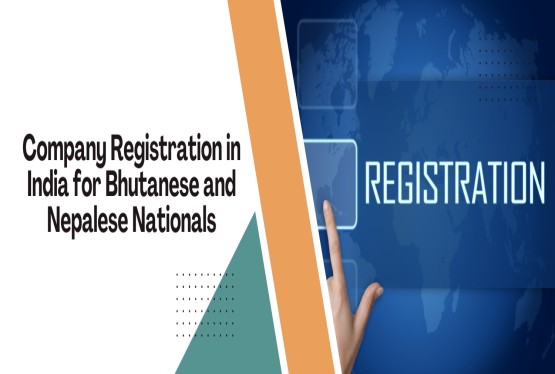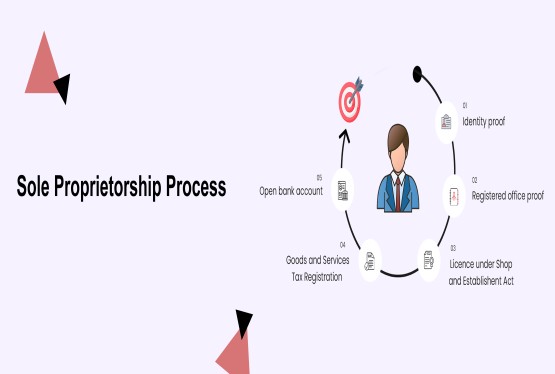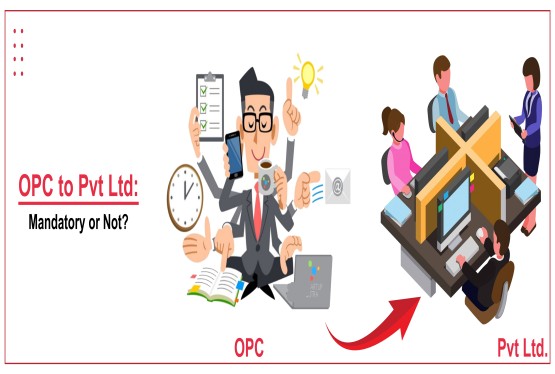We live in an increasingly globalised, interconnected modern world where expanding your business overseas can be a great way to reach new markets and increase profits. However, before you can start doing business in a foreign country, you'll need to register a subsidiary company. In this article, Compliance Calendar outlines the basics of the procedure for registering a foreign subsidiary company abroad and guides you on advantages of a foreign subsidiary registration.
Why should you consider registering a subsidiary company abroad?
There are several advantages that you may want to consider in making a choice about registering a subsidiary company abroad:
-
Access to new global markets: Registering a subsidiary company abroad allows you to enter new markets and reach a range of new customers for your business. This can help diversify your revenue streams and reduce your dependence on just the Indian domestic market. For instance, Netflix India has a massive profit-addition to the tune of 15 billion dollars (about INR 1200 crores), thanks to its Indian subscriber base, even though the company is headquartered in the United States.
-
Diversifying from a saturated home market: For any niche industry, the domestic market can become saturated and growth potential may be limited. It is ideal to tap into new markets and find value for your niche business in a new country.
-
Tax benefits: Registering a subsidiary company in a foreign country can provide tax benefits, such as lower corporate tax rates in safe haven countries like Mauritius, tax incentives for foreign investors (as seen in developing countries).
-
Reduced risk exposure: By registering a subsidiary company abroad, you can limit your risk exposure. The risks in the domestic market can be political (such as a change in regime that limits your business by increasing taxes), legal (for example, new environmental laws restricting coal production), or plain risks of increasing competition (as seen in the automobile industry in India after the 1991 reforms).
-
Building a broader recognition for the business: Expanding a business overseas can help improve your brand recognition and reputation. Food MNCs like McDonalds or Pizza Hut are all over the world, and with the right branding, local setups are excellent profitable enterprises. Thus, going abroad can help you build trust with customers and improve your overall brand equity.
-
Access to better resources: By registering a subsidiary company abroad, a business can access more resources and potentially gain from it. These could be natural resources (availability of rare metals, minerals, forest produce etc) or Human/human-made resources such as critical technologies, fresh talent etc. These can help a business in building a stronger, more diverse team and access new technologies and resources.
Basic procedure of registering a subsidiary company abroad - Making the right start
The legal, financial and administrative procedures of setting up a company are unique to each country or state. However, some basic procedures are followed all across the globe. Here's Compliance Calendar’s guide to foreign subsidiary company registration to help you navigate the process.
-
Determine the country and legal structure: The first step is to choose the country in which you’d want to set up a subsidiary company. Research the local laws and regulations to determine the legal structure that best suits your needs. The most common types of legal structures are limited liability companies (LLCs), partnerships, and corporations. There are niche business forms in many countries, such as a Delaware company in the United States.
-
Appoint a registered agent: Many countries (including Indian laws) require that the business appoint a registered agent, who acts as your local representative and accepts legal documents on behalf of your subsidiary company. Thus, you may consider partnering with a local person in your country of choice or appointing a local agent to act on your behalf.
-
Obtain necessary permits, licence and comply with laws: Depending on your business, you may need to obtain permits and licences to operate in the country. Some countries may restrict foreign investment in certain sectors or areas. Research the requirements and apply for the necessary permits and licence beforehand to avoid legal hassles.
-
Registering your subsidiary company: To register your subsidiary company, you'll need to file articles of incorporation or similar documents with the local government of the country where you plan to set up. You may also need to provide information about your business, such as its purpose, address, and management structure.
-
Obtain a tax identification number: You'll need to obtain a tax identification number for your subsidiary company to comply with local tax laws. This number will be used to identify your company for tax purposes.
-
Open a bank account: Once your subsidiary company is registered, you'll need to open a bank account in the country. This will allow you to receive and send payments locally and internationally.
-
Complying with employment laws: If you plan to hire employees, you'll need to comply with local labour laws and regulations. This may include registering with social security, following minimum wage laws and obtaining work permits for foreign employees.
-
Comply with local regulations: Finally, ensure that you stay abreast of all local laws and regulations including building permits, operating and safety procedures, working hours etc. This also includes complying with consumer laws, environmental laws, and other business regulations.It is important to carefully consider the local laws and regulations, as well as the potential risks and benefits, before making any decisions. Compliance Calendar has assisted hundreds of startups and businesses across sectors in successfully taking their business abroad. Reach out to us for an end-to-end integrated registration process for a hassle-free foreign subsidiary registration for your business.












_crop10_thumb.jpg)





_crop10_thumb.jpg)



























-Form_crop10_thumb.jpg)

_crop10_thumb.jpg)























_learn_crop10_thumb.jpeg)
































_crop10_thumb.jpg)

_crop10_thumb.jpg)





















_crop10_thumb.jpg)















_for_Foreign_Directors_learn_crop10_thumb.jpeg)




_Act,_2015_learn_crop10_thumb.jpg)



































_learn_crop10_thumb.jpg)


































